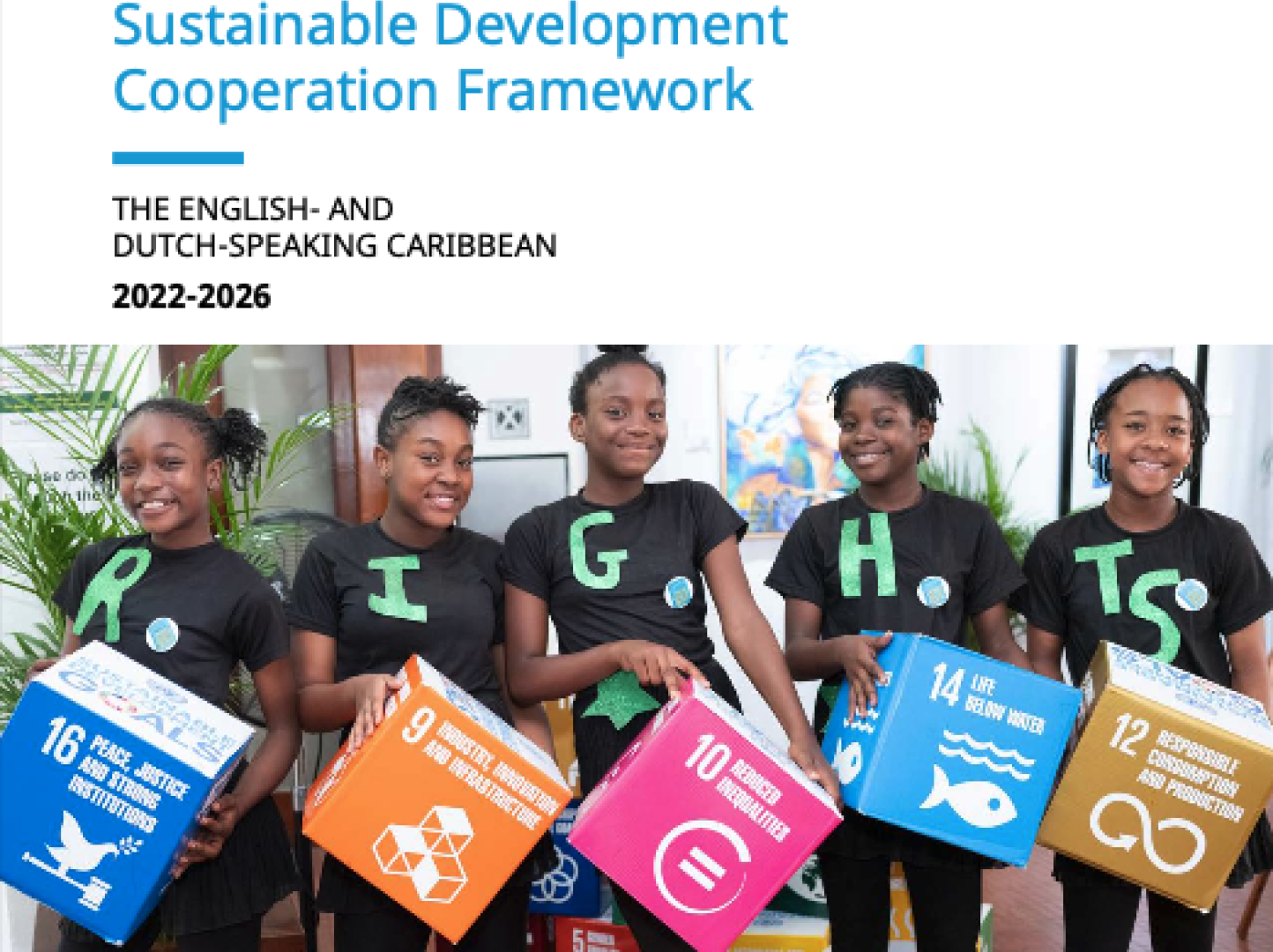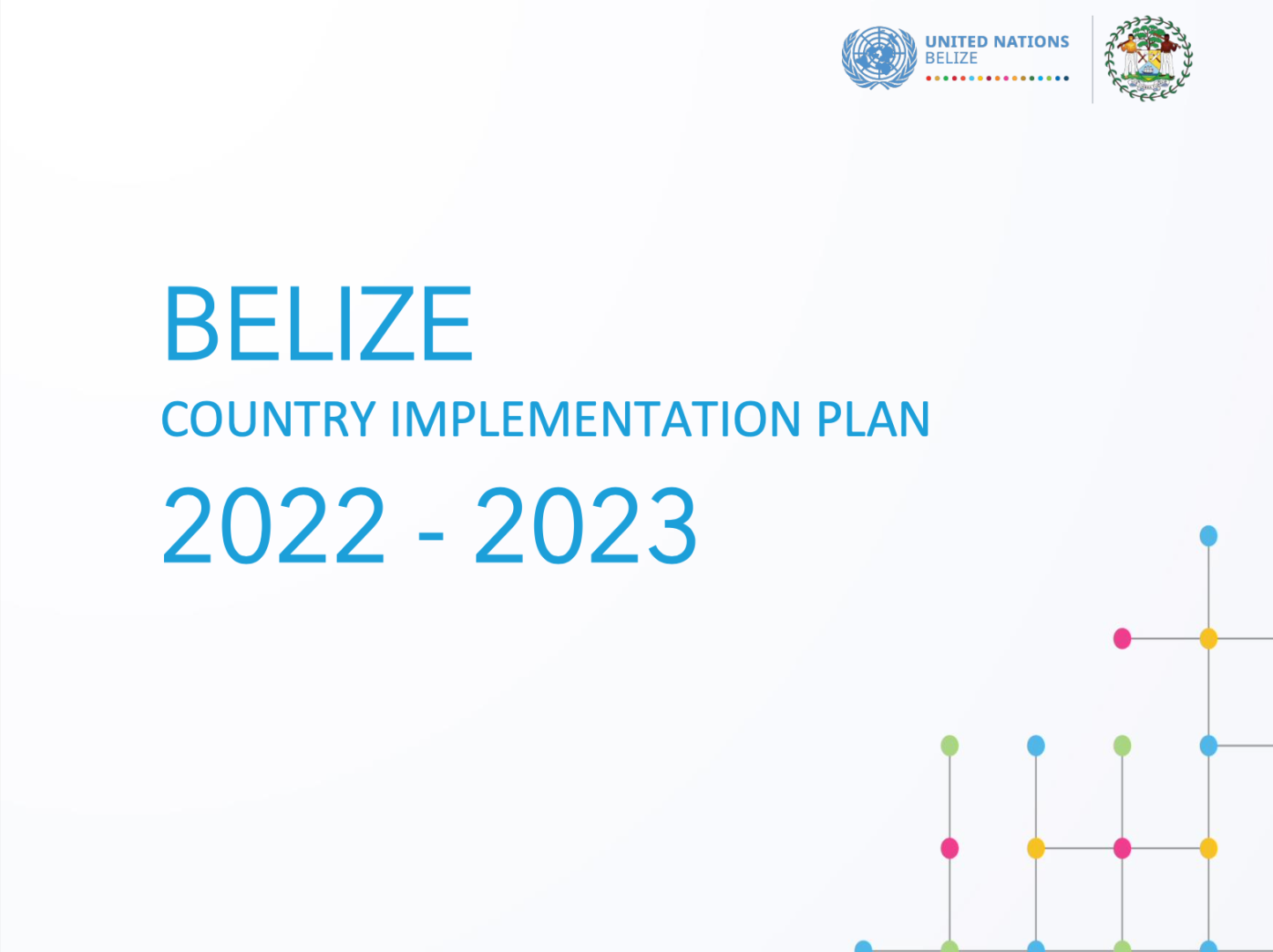Towards the construction of Comprehensive Care Systems in Latin America and the Caribbean

The Latin American and Caribbean region is experiencing an unprecedented economic and social crisis. The effects of the COVID-19 pandemic have spread to all spheres of human life, impacting economies, altering the way we relate to each other, and generating profound societal changes. The crisis has highlighted and exacerbated the significant structural gaps in the region, deepening pre-existing inequalities and exposing the vulnerabilities of political, economic, and social protection systems. With the arrival of the crisis provoked by COVID-19, the structural challenges of gender inequality also became more resistant, threatening to roll back decades of progress. In particular, the pandemic highlighted the central role that care plays in the functioning of our economies and societies while at the same time highlighting the unsustainable and unfair nature of its current organization. Even before the pandemic, women in the region dedicated three times as much time as men on unpaid care work. This situation was aggravated by the growing demand for care and the reduction in the supply of services caused by the confinement and social distancing measures adopted to curb the crisis.
The creation of comprehensive Care Systems, in addition to the progress in rights and their fundamental impact on the achievement of gender equality and the empowerment of women, represents an essential contribution in terms of well-being and a key sector for a transformative recovery. In this sense, UN Women and ECLAC hope that this publication will be a contribution to knowledge and reflection to advance the implementation of comprehensive Care Systems and to move towards a Care Society that prioritizes the sustainability of life, placing it at the center of policies for the achievement of the 2030 Agenda for Sustainable Development.






